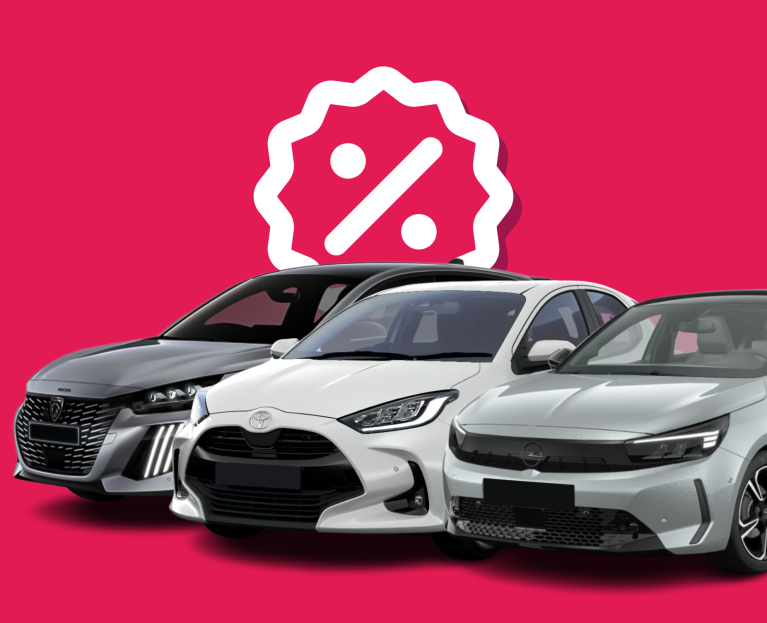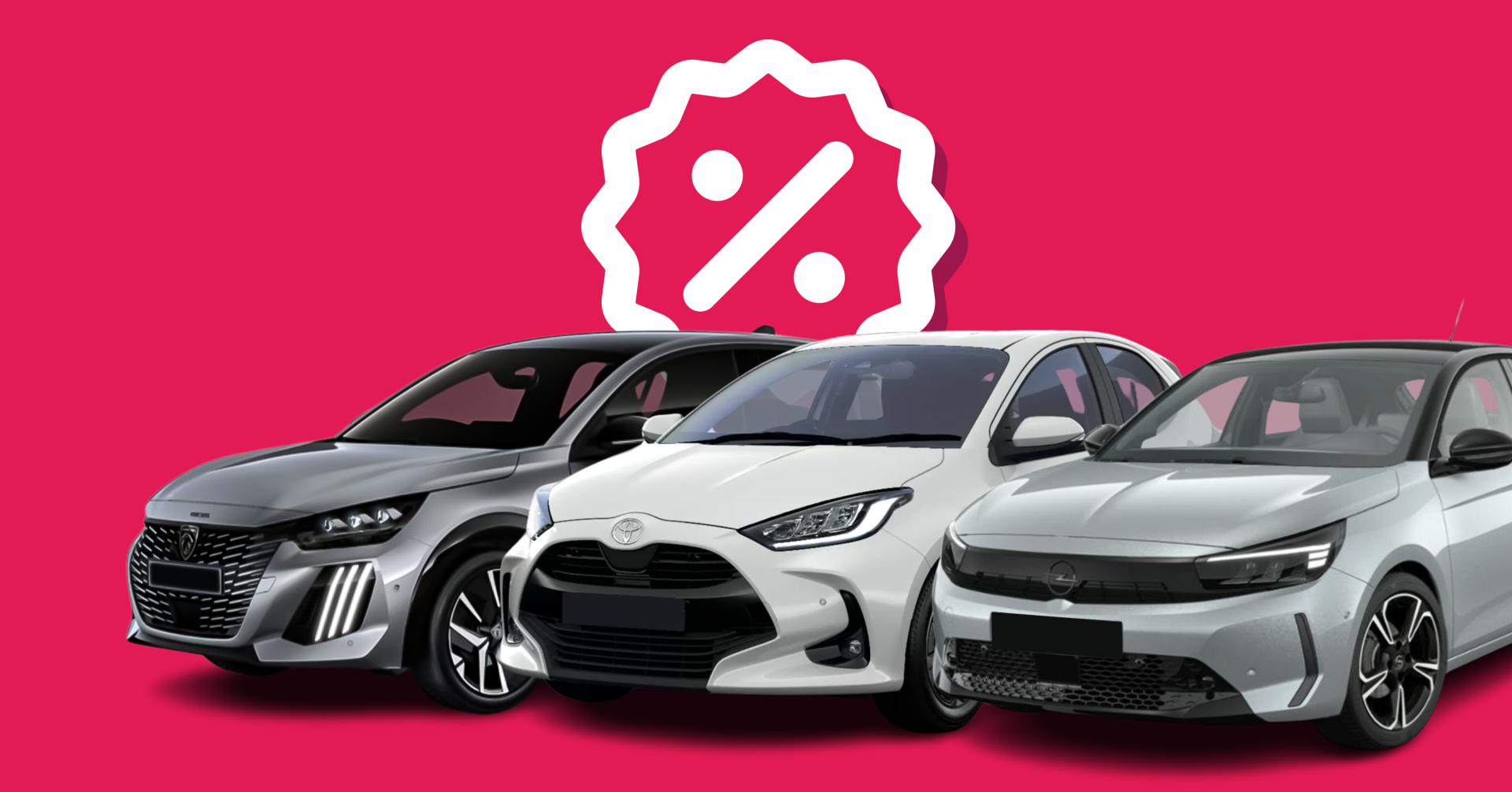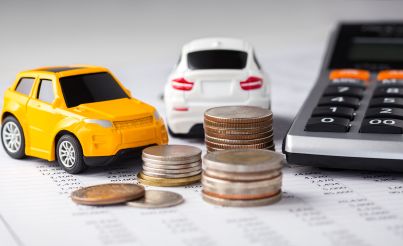Who hasn't been there? Standing at the pump, suddenly unsure – petrol, diesel, or something else entirely? Even small amounts of the wrong fuel can seriously damage your engine and lead to costly repairs. To help you avoid this, here's a quick overview: what types of fuel exist, how to find out what your car needs – and what to do in an emergency.
What types of fuel are there?
Cars can run on much more than just "petrol" or "diesel." The world of car powertrains has become more diverse – and full of exciting alternatives.
1. Petrol – the classic
The most well-known type of fuel. Petrol-powered cars still make up the majority in many countries.
2. Diesel – the long-distance expert
Especially popular with frequent drivers, vans, and in rural areas. Efficient on long trips – but increasingly criticized due to higher emissions.
3. Electricity – the quiet climber
Electric cars are booming. More and more people are driving on electricity instead of fuel – either fully electric or as a hybrid.
4. Hybrid – the best of both worlds
Hybrid cars combine a combustion engine with an electric motor. There are three main types: full hybrids (self-charging while driving), plug-in hybrids (charged externally via power socket), and mild hybrids (where the electric motor only supports the combustion engine).
5. Autogas (LPG) & Natural Gas (CNG) – the gas alternatives
These fuels are cheaper than petrol and emit less CO₂. Autogas (LPG) is made of propane and butane; natural gas (CNG) is compressed methane. Both are considered more eco-friendly, but are only available at a limited number of fuel stations – making them more of a niche option. Brands like Volkswagen, Fiat, or Dacia still offer some models with LPG or CNG powertrains.
6. Biofuels – plant-based power
Bioethanol is made from plants and blended with petrol (e.g. in E10).
Biodiesel is made from plant oil or recycled fats – mainly used in trucks and agricultural vehicles.
Rare in passenger cars – only a few models, like the Ford Focus Flexifuel, are compatible with E85. The filling station network is also very limited.
7. E-fuels & synthetic fuels – future potential
These man-made fuels could make combustion engines climate-neutral – if produced using green electricity. Currently still expensive and rare.
8. Hydrogen – clean but complex
Fuel cell cars run electrically but are fueled with hydrogen. The benefit: quick refueling and long range. The downside: high costs and very limited infrastructure.
How do I know what fuel my car needs?
Fuel is a fundamental part of every car – whether petrol, diesel, electric, or hybrid. That's why it's usually explained to you when receiving the car.
If you’re ever unsure later on, just check:
on the inside of the fuel cap
or in the car’s user manual
That way, you can be sure you're always using the right fuel.
By the way: many newer cars have a misfuel prevention system. This design feature makes it physically impossible to insert the wrong fuel nozzle – a handy function that can save you a lot of trouble.
What if I put in the wrong fuel?
Important: Do not start the engine! Even small amounts of the wrong fuel can cause major engine damage – with repair costs potentially running into thousands of francs.
Contact a roadside assistance service immediately – such as your insurer’s emergency line (if included in your policy) or the TCS, if you're a member.
If you're driving a car from Carvolution, simply contact Mobi24, the 24/7 emergency service. You'll find the number in your app.
Refueling Made Simple
At Carvolution, we not only support you with fueling your car, but also assist you with any other questions you might have about your new car.
Discover our wide range of cars and benefit from a worry-free, all-inclusive car subscription.
Would you like personal advice? We're happy to take time for you – just book an appointment and get individual support.
Get the Supersavers
Discover new special offer models at unbeatable prices, such as the Toyota Yaris from CHF 239.– for 24 months. More top deals on Fiat, BMW, Opel & Peugeot models.










